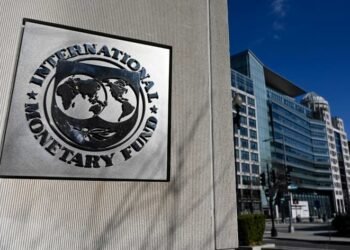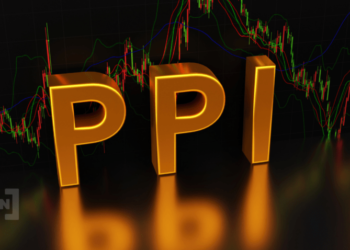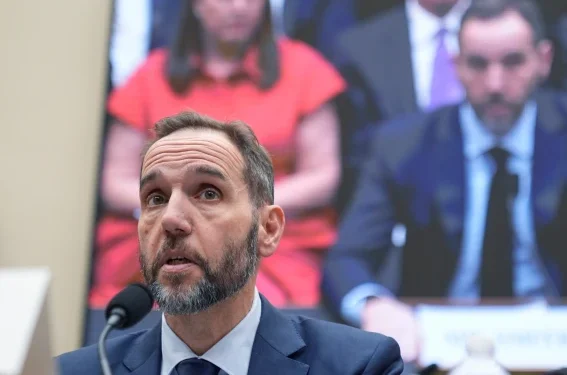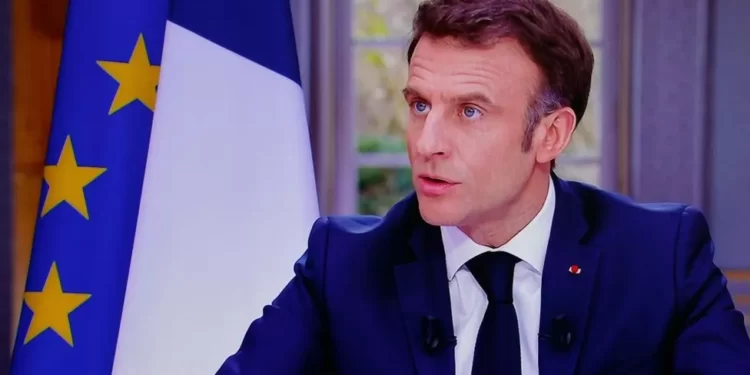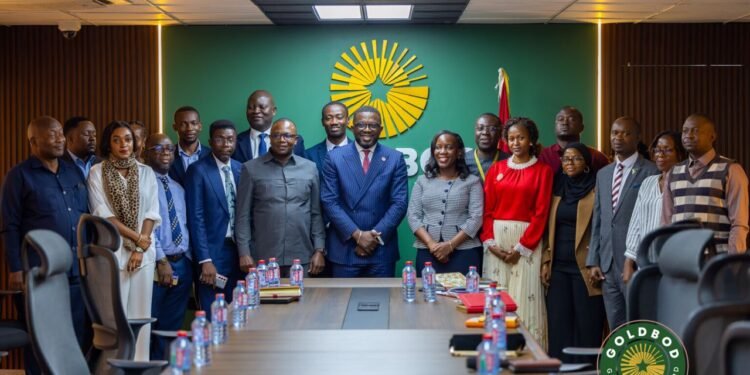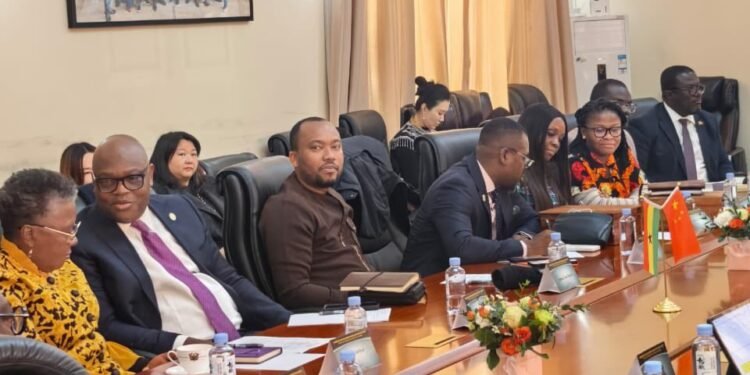The Ghana Revenue Authority (GRA) has outlined several measures to bolster revenue collection and more specifically to help meet its targets this year. One of them include the Voluntary Whistle Blower Reward Strategy (VWBRS). This strategy allows people to come forward and report persons and businesses that are not paying their taxes.
Meanwhile, the Commissioner General of GRA, Rev Ammishaddai Owusu Amoah has revealed that the GRA has made a lot of progress with this strategy. He revealed that whistleblowers are getting as much as GH¢40,000 as a reward.
He maintained that all these initiatives will help improve collections. More importantly, it will help government to collect enough revenues to match its economic activities.
Thus, the attractive reward attached to this VWBRS may improve revenue collections significantly. Therefore, the GRA must do more public education and let people know of the strategy. Once people are aware of the strategy and its benefits, they will be willing to fish out the tax evaders in the society.
However, the GRA must ensure the utmost secrecy of the information of people who voluntarily report such people. If not, they may become victims of abuse.
Ghana Card and Revenue Mobilisation
Moreover, the Commissioner-General lauded the government’s initiative to replace the TIN with the Ghana card. He pointed out that with the increased numbers of registered taxpayers, his outfit will meet the projected revenue target of GH¢55.8 billion for this year.
Meanwhile, statistics from the GRA showed that registered taxpayers rose from 1.5 million in 2018 to about 6.5 million at the end of 2020. The GRA is projecting that accepting the Ghana Card for tax identification purposes will bring on board some 13 million persons.
“We have done the simulations and we are sure and optimistic about how the Ghana card changes the numbers and impacting on revenue”.
COVID-19 and Revenue Mobilization
The COVID-19 has overstretched the government’s spending capacity. The government had to embark on several interventions to minimize the impact of the pandemic on businesses and households. Some of these include free water and electricity, reduction in the CST rate, free distribution of meals during the lockdown etc. These have overstretched the government’s budget to the limits.
As such, the government has proposed some taxes in the 2021 Budget Statement. The proposed taxes include the COVID-19 Health Levy, and the Sanitation and Pollution Levy (SPL). Others include a financial sector clean-up levy of 5% on profit-before-tax of banks and a proposed increment in Road Tolls. The government has proposed these taxes to help raise some resources to take care of some of its needs.
According to the ministry of finance, the new tax measures outlined in the budget should bring in a little of GH¢5 billion. This is woefully inadequate to cater for the government’s budgeted expenditure for the period. Luckily, there are a lot of revenue options that the country can explore.
Meanwhile, the Ghana Revenue Authority (GRA) has made some significant strides in revenue mobilization in the past few years. Notably, it exceeded its revenue targets by about GH¢2.6 billion in 2020. Moreover, the GRA has pledged to make its revenue collection activities more efficient this year. This will enable the country to increase its revenues so as not to rely so much on borrowing.
READ ALSO: GRA commends government’s replacement of TIN with Ghana Card




